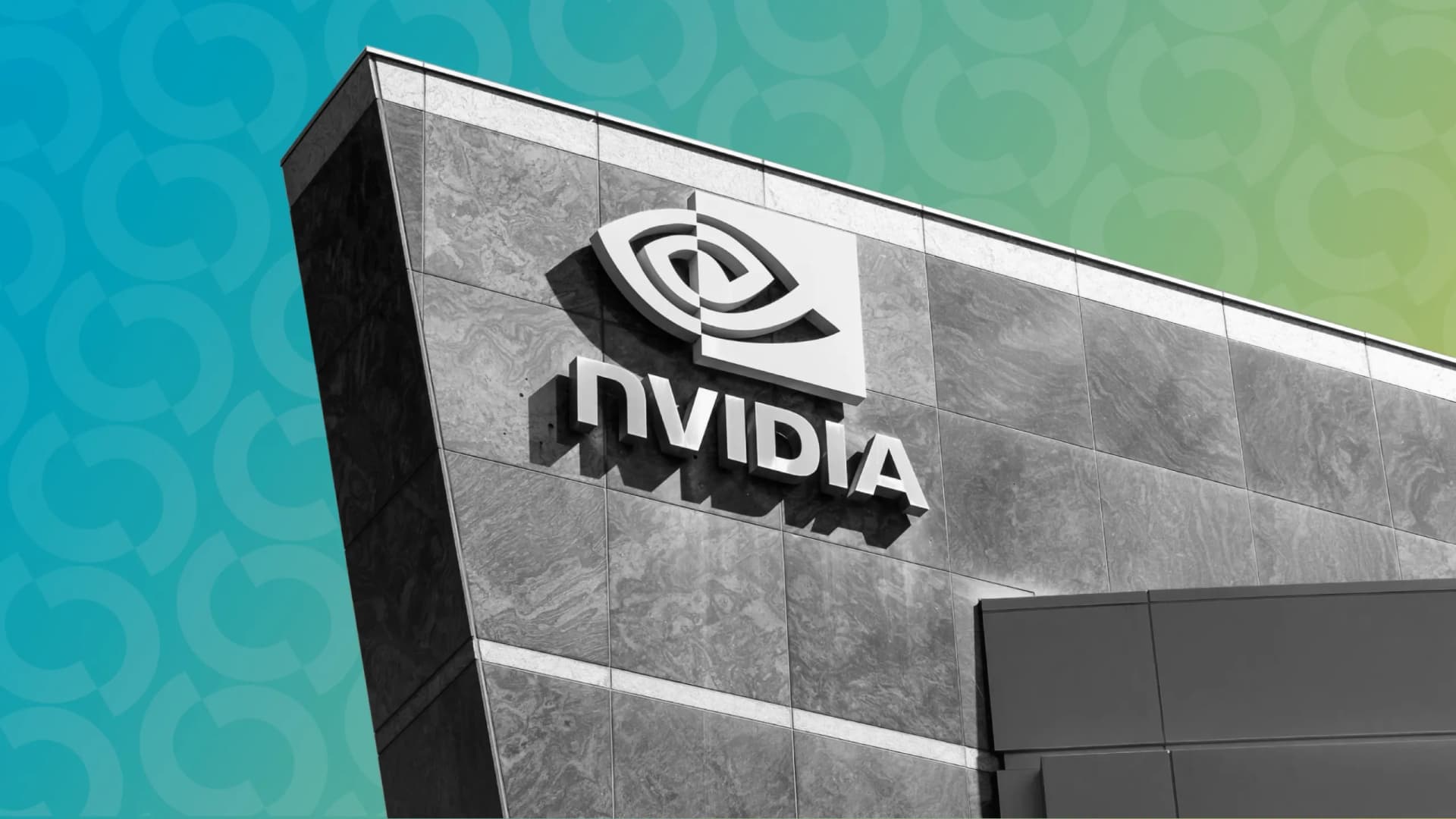Nvidia Commits $100 Billion to OpenAI in Historic AI Infrastructure Deal—Stock Pops

News Summary
Nvidia is committing up to $100 billion to build out OpenAI’s AI computing infrastructure, marking what could be the largest AI infrastructure deal to date. The agreement involves deploying at least 10 gigawatts of Nvidia-powered AI systems, with an initial $10 billion investment and Nvidia receiving OpenAI equity as part of the deal. Nvidia's stock rose 4% following the announcement. Nvidia CEO Jensen Huang and OpenAI CEO Sam Altman both underscored the deal's significance for the “AI industrial revolution” and meeting surging compute demand. This infrastructure will include vast new data centers filled with millions of GPUs, with the first gigawatt of capacity expected online by the second half of 2026. However, mounting environmental concerns highlight the immense electricity and water demands of AI, with data centers potentially doubling global electricity use by 2030 and straining grids. Altman specifically noted that this deal expands the ambitions of the “Stargate project announced by President Donald Trump in January.”
Background
The artificial intelligence industry is experiencing explosive growth, driving an immense demand for advanced computing power, particularly specialized Graphics Processing Units (GPUs). Nvidia, as the world's leading AI chip manufacturer, has been a primary beneficiary of this trend. OpenAI, a frontrunner in generative AI, requires vast computational resources for its model development and operation. In January 2025, U.S. President Donald Trump announced the “Stargate project,” aimed at boosting American AI infrastructure to ensure its leadership in the global AI race. This collaboration between Nvidia and OpenAI directly echoes and expands upon the project's vision, signaling a high degree of synergy between government and private sectors in the AI domain.
In-Depth AI Insights
What deeper strategic considerations might be behind Nvidia's decision to bind itself to OpenAI through equity investment rather than a pure sales contract? - Nvidia's move goes beyond a simple supplier relationship; by taking an equity stake in OpenAI, it intertwines its future growth with OpenAI's success. This not only secures its GPUs' dominant position within the OpenAI ecosystem but also allows Nvidia to share in OpenAI's potentially vast returns from AI applications and commercialization. - The equity investment could serve as a defensive strategy against other potential AI chip competitors, such as Google's TPUs or Amazon's Inferentia chips, ensuring OpenAI's reliance on Nvidia for future AI hardware choices. - This deep collaboration also provides Nvidia with invaluable market insights and technical feedback, helping it more precisely develop next-generation AI chips and solutions to maintain its technological lead. What long-term challenges and potential opportunities will such massive AI infrastructure development bring to global energy supply and sustainable development? - Challenges: The 10 gigawatts of power demand, equivalent to the consumption of millions of homes, will place immense strain on existing power grids, especially in regions where renewable energy transitions are not fully mature. The cooling demands of data centers will also significantly increase water consumption, exacerbating water scarcity issues. - Challenges: In the long run, if energy and water resource issues are not effectively addressed, regulatory intervention may arise, limiting the pace or manner of AI development, thereby impacting the growth prospects of related companies. - Opportunities: This also creates a massive demand for efficient energy solutions, advanced cooling technologies, and AI-optimized energy management systems. Companies investing in clean energy technologies like nuclear and geothermal power, as well as innovative data center design and operations, will see significant opportunities. Considering the Trump administration's "Stargate project," does Nvidia's partnership with OpenAI signal a more aggressive "national team" strategy for the U.S. in AI? - Yes, President Trump's "Stargate project" inherently carries strong national strategic implications, aiming to solidify U.S. hegemony in global AI. Nvidia's partnership with OpenAI, especially at such a massive scale and against the backdrop of a government initiative, can be interpreted as an extension and concrete implementation of this national strategy. - This suggests that the U.S. government may be channeling resources through policy guidance and private-sector partnerships to accelerate the construction of critical AI infrastructure, countering competition from other nations like China in the AI domain. - The formation of such a "national team" model could grant the U.S. greater influence over AI technical standards, data privacy, and ethical norms, and may reshape the global AI supply chain, requiring investors to monitor geopolitical risks and opportunities.